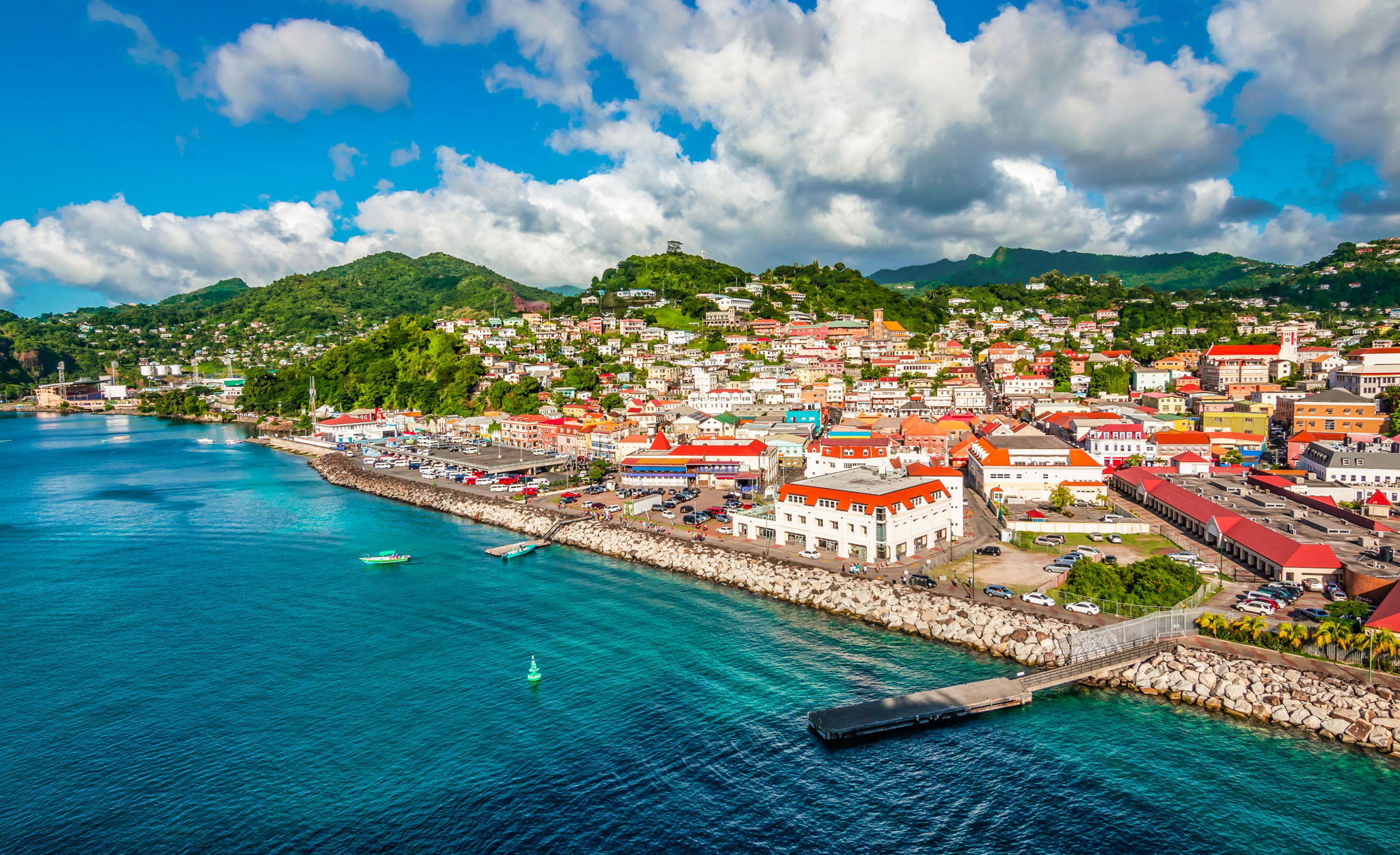World Bank Approves US$20 million for Grenada to Reduce Disaster Risks and Build Resilience
Media Release Courtesy The World Bank
WASHINGTON — The World Bank Board of Executive Directors approved a US$20 million Disaster Risk Management Development Policy Credit for Grenada with a Deferred Drawdown Option for Catastrophe Risks (Cat DDO). The Cat DDO provides Grenada with contingent financing in case of natural disasters while supporting the country’s reform program to build multi-sectoral resilience to disaster and climate risks. It is the first Cat DDO approved for the Latin America and Caribbean Region financed by the International Development Association (IDA), the concessional financing arm of the World Bank.
“Catastrophic events pose a significant financial shock to a small island country,” said Tahseen Sayed, World Bank Director for the Caribbean.
“The average estimated cost of damage from a disaster as a ratio to gross domestic product is six times higher for small states in the Caribbean than for larger countries worldwide. The World Bank is providing comprehensive support to Grenada’s efforts for better disaster preparedness, including through the innovative Cat DDO financing mechanism that can be immediately drawn down to meet critical financing needs after a disaster.”
Due to Grenada’s physical and financial vulnerability to disasters, building climate resilience is at the center of its policy agenda and priorities. In 2017, Grenada also established a Ministry of Climate Resilience, the Environment, Forestry, Fisheries, Disaster Risk Management and Information. The Cat DDO supports the country’s efforts for developing a comprehensive disaster risk financing strategy and reforms aimed at increasing overall resilience, such as strengthening disaster resilience in schools, formalizing coordination protocols for declaration of disasters, and including climate resilience criteria in public investments.
The Cat DDO funds may be drawn in the case of an official declaration of an emergency, which could be related to a natural disaster or a health outbreak. The line of credit will be available to be drawn down at any time within the next three years and can be renewed for an additional three years.
The operation complements the Grenada Second Fiscal Resilience and Blue Growth Development Policy Credit approved in December, as both aim to enhance fiscal and climate resilience.
For more information, please visit: www.worldbank.org/caribbean
Twitter: @WBCaribbean

